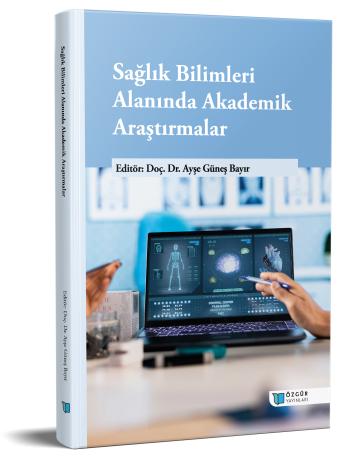
Investigation of the Presence of Total Fungi and Mesophilic Aerobic Bacteria in Raw Milk and Dairy Products Sold Openly
Chapter from the book:
Güneş Bayır,
A.
(ed.)
2025.
Academic Research in Health Sciences.
Synopsis
Milk and dairy products, which have a large place in our diet, can be provided with ‘farm-to-fork food safety’ by paying attention to the rules regarding hygiene of personnel and tools and equipment, including transportation and storage conditions during and after production, from raw materials to production stages. However, in studies investigating the microbiological quality of milk and dairy products, it has been determined that their hygienic quality is generally low in our country. If hygiene and sanitation rules are not followed in places where milk and dairy products are produced, milk and dairy products can be contaminated with a large number of microorganisms. Consumption of these contaminated foods can pose a danger to public health. The aim of the current study is to investigate and evaluate the raw milk and dairy products sold in the open in Istanbul in terms of public health. 12 samples from each of the raw milk and dairy products sold in the open, a total of 60 samples, were collected aseptically and the total presence of fungi and mesophilic aerobic bacteria was investigated. The results obtained were evaluated and discussed according to the Communiqué on the Supply of Raw Milk (2017) and the Turkish Food Codex Regulation on Microbiological Criteria (2025). Mold was found in 58% of the samples examined in the study, and yeast in 92%. The highest mold colony count was found in the butter sample (6.00 × 105 cfu/g). 58% of raw milk did not comply with the Communiqué. The highest mesophilic aerobic bacteria count was found in string cheese, raw milk, butter, ice cream and white cheese, respectively. As a result, it is revealed that microbial contamination levels are greatly affected by production, storage and sales conditions, hygiene standards and geographical factors. High microbial loads can have negative effects on food safety and quality and pose a risk to public health. Raising public awareness on this issue and encouraging conscious consumer behavior will contribute to ensuring food safety in the long term.

